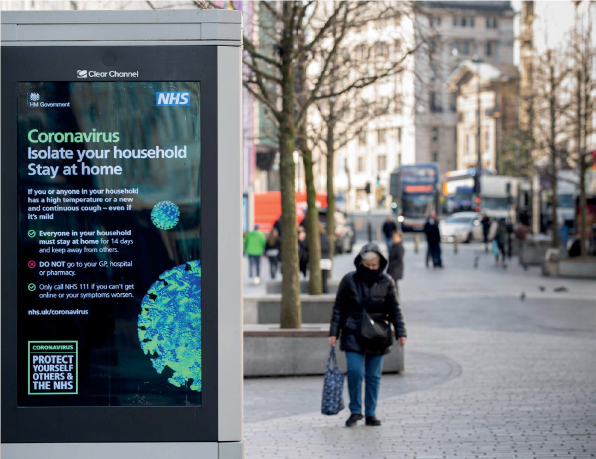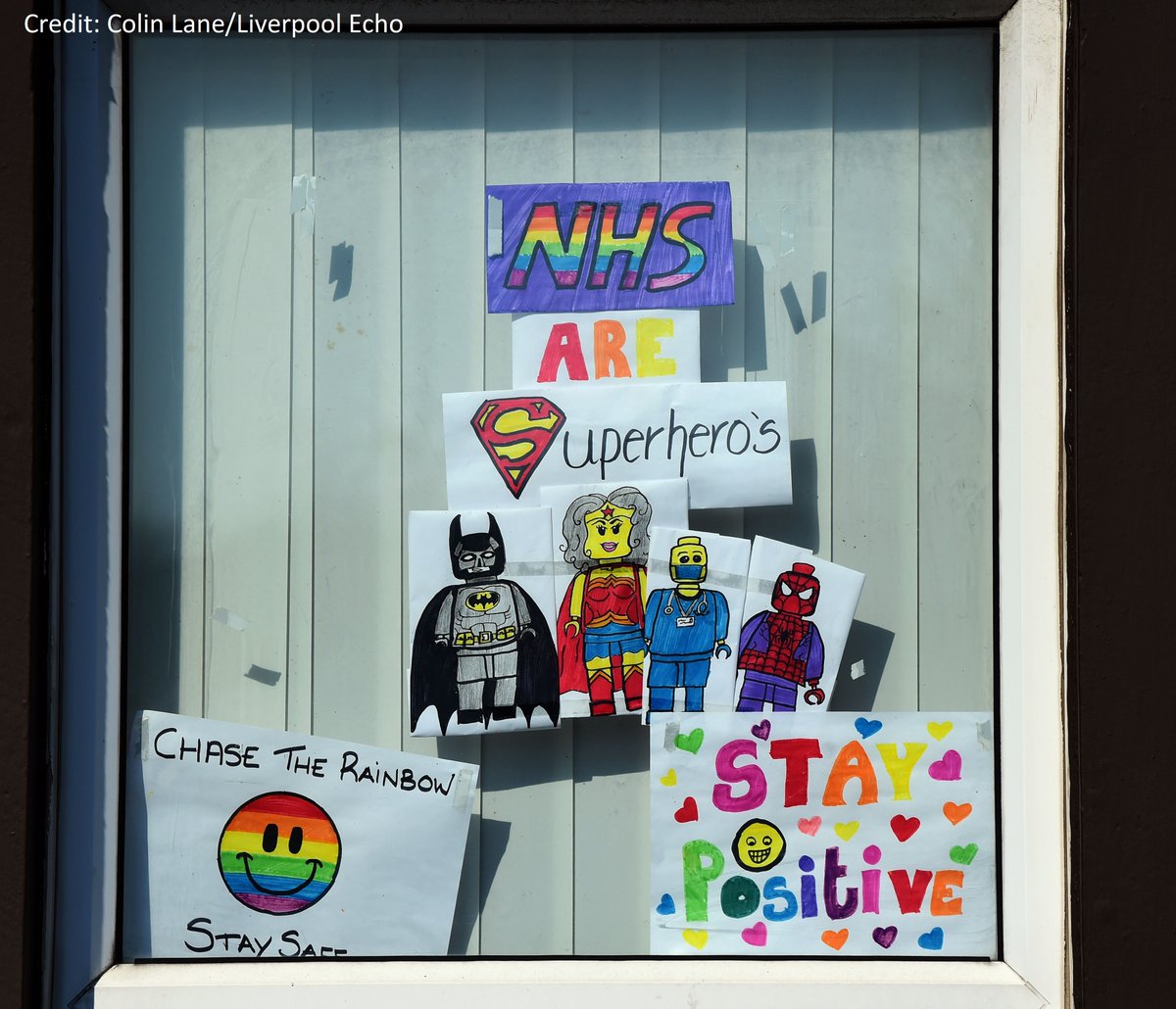
All set here at the Tung Auditorium as we await guests for Lord Heseltine’s #stateofthenation lecture. 

Lord Heseltine begins his lecture by discussing Brexit and the difficulty in “getting it done”. He suggests Brexit has brought problems which exacerbate challenges driven by the pandemic fallout and war in Ukraine.
He now moves on to highlight several economic challenges that have emerged since the referendum: declining value of the pound, rising food prices, stagnant pay. Exporters have not benefited from a cheaper pound due to increased trade barriers since Brexit.
Brexit has severely impacted growth and public services, he argues, particularly the NHS which is increasingly reliant on staff from developing nations.
“I do not accept that Brexit is irreversible”, says Lord Heseltine. We should take steps to reintegrate with the EU, focusing initially on Northern Ireland, Horizon, Erasmus and enabling cultural exchange.
He cites polling suggesting a comfortable majority of the public now thinks Brexit was a bad idea. Government should introduce a minister responsible for improving EU relations.
Lord Heseltine now reflects on his relationship with Liverpool and the problems with the UK’s centralised system of governance.
Lord Heseltine discusses the important role played by the Urban Task Force in regenerating Liverpool in the 1980s, particularly in improving relations between the public and private sectors and attracting investment.
Reflecting on the Toxteth riots, Lord Heseltine reflects on the lessons he learnt speaking with people in the city and the need to bring power closer to people.
He now discuss the Urban Development Corporation which was central to the successful redevelopment of Liverpool’s docks. The public sector was crucial to assembling and remediating sites.
‘Levelling Up’ is a somewhat misleading phrase. “We can’t turn Middlesbrough into Mayfair”. But we can turn cycles of despair into virtuous cycles, creating institutions which tackle big policy challenges and attract investment.
We can use existing capital spending programmes to bring in private sector spending. The government should distribute long-term funds to local partnerships.
Concluding his lecture, Lord Heseltine discusses his pride in Liverpool and what has been created here in the past, and his optimism for the city’s future.
We now move onto a Q&A with Lord Heseltine, chaired by our ambassador Professor Michael Parkinson.
Q: “Would you lead a campaign to rejoin the EU?”
Lord Heseltine: “I said 3 days after the referendum that the fight back starts here. It’s never too late - this is democracy…I’ll keep at it.”
Lord Heseltine: “I said 3 days after the referendum that the fight back starts here. It’s never too late - this is democracy…I’ll keep at it.”
Q: Why are we so centralised and what is the cost of this centralisation?”
LH: “Devolution could transform this country. Every other major European nation has local leaders with more powers. Mayors can embrace a wider horizon.”
LH: “Devolution could transform this country. Every other major European nation has local leaders with more powers. Mayors can embrace a wider horizon.”
Reflections from @MetroMayorSteve on devolution and Lord Heseltine’s 2019 report on Empowering English Cities. Lord Heseltine discusses the reluctance in parts of Whitehall to decentralise power - there are few incentives for ministers to devolve.
Question on local leadership and where this will come from in the future. Lord Heseltine sings the praises of elected mayors but says they are being held back by central gov. Suggests capital budgets should be pooled and devolved, and Whitehall structures simplified.
Final question: “Where do you see the opportunities for Liverpool City Region?”
LH: “You’ve got to rejoin the EU. There are so many opportunities out there.” Education, entrepreneurship and technology all crucial.
LH: “You’ve got to rejoin the EU. There are so many opportunities out there.” Education, entrepreneurship and technology all crucial.
That concludes our #stateofthenation event with Lord Heseltine. Thanks to all our guests, and to you for joining us online.
• • •
Missing some Tweet in this thread? You can try to
force a refresh






